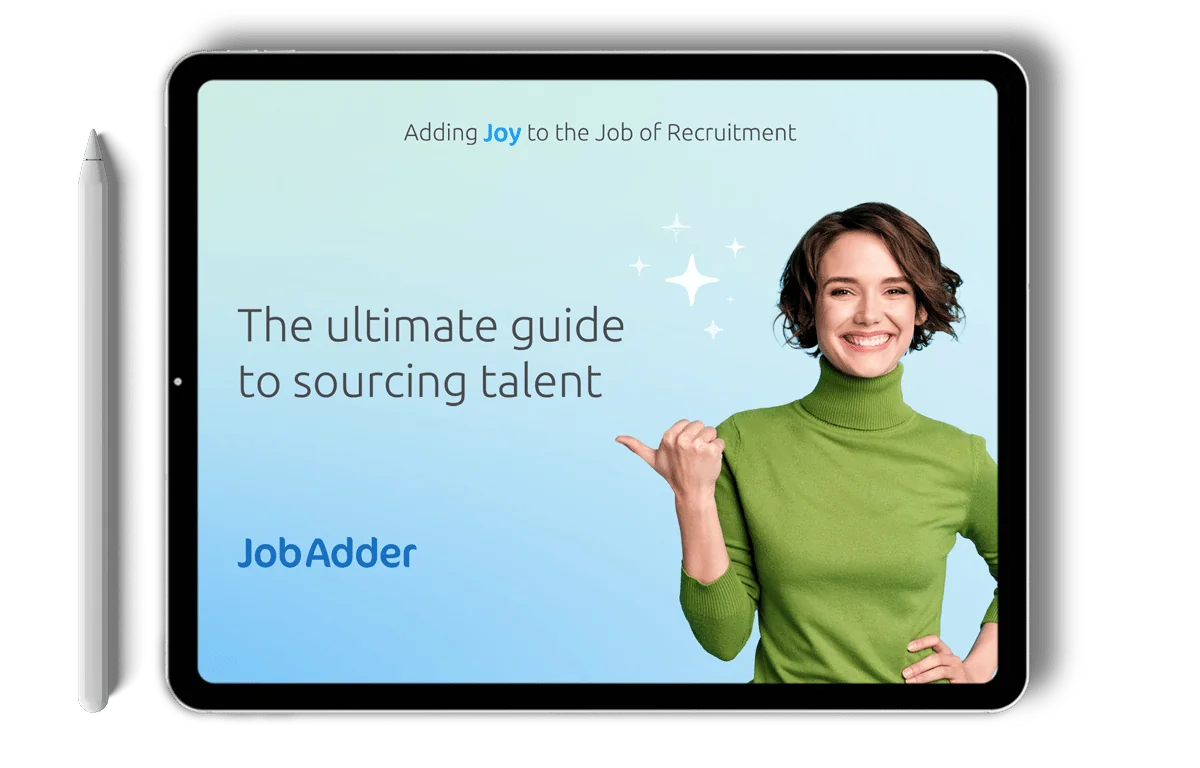Recruiting new employees is stressful, especially in the current job market. Building a cohesive, well-oiled team may seem impossible, but there are several simple changes you can make to ensure your recruitment team reaches its full potential.
One of the most impactful things you can do is proactive recruitment. Proactive means completing a task before you need to, and in the recruitment industry, this means recruiting employees before experiencing high levels of hiring demand. If you have a steady team before things get rough, chances are you will have success further down the road.
Traditionally used by managers and recruiters alike, reactive recruiting is the opposite. Reactive recruiting involves only engaging in the recruitment process when you have no other options (when an employee leaves, for example). This process might work if you have plenty of job seekers around, but if not, you may be out of luck.
Read on for more information on proactive recruitment and getting your team on track.
FREE DOWNLOAD: The ultimate guide to sourcing talent
What is proactive recruitment?
As mentioned above, proactive recruitment occurs when you hire people not according to hiring needs. It may seem arbitrary to interview candidates before you need them but this method provides an extra layer of communication between hiring managers and prospective employees.
Proactive recruitment enhances relationships with prospective workers – it shows you care about them as people and not just as employees. This connection usually inspires them to apply for the job, and you get the benefit of having future employees on hand that genuinely want to work for you. Plus, your recruitment team learns what talents you expect from forthcoming candidates.
Workforce planning is not easy. Simply put, there is no way for you to know whether you will need new talent immediately or even at all. However, working with a recruitment team to find candidates with your ideal skill sets is essential for a successful workplace. Your hiring group can also help source and find individuals best suited for the job.
What is reactive recruitment?
Reactive recruitment is the anxiety-ridden counterpart to proactive recruitment. When hiring managers delay searching for a new employee until there are job openings, they risk having low-quality candidates that they have to hire out of desperation.
Another example of reactive recruitment is waiting to connect with candidates until they react to a job posting. Depending on the length of time between their application and your response, they could have already found another employer.
Hiring teams that base recruitment solely on open slots seldom end up with the best talent possible. While sometimes the job market can be unpredictable, hiring based on staffing needs alone will more than likely not produce a high-quality team.
What does a proactive recruitment strategy look like?
Creating the perfect proactive recruitment strategy varies depending on various factors: the size of the team, the industry and the positions needed all impact the proactive recruitment process.
Standard proactive recruitment strategies consist of four steps:
- Sourcing: Work with a talent acquisition team to find adequate talent sources. This step could involve online postings, a specific database within the organisation, or word-of-mouth.
- Engaging: Narrow down a list of potential talent and contact them for an interview. Get to know your candidates and their strengths – then see if they match the desired qualities.
- Building relationships: Further engage with prospective employees. Keep in touch with them via email, LinkedIn or phone – let them know you haven’t forgotten them.
- Converting: Encourage them to apply and join the team. Explain what benefits they will receive and how your team can help them reach their career goals.
Proactive recruiting is all about open communication and networking.
Build up your talent pool
Your team as a whole is only as good as its parts. When building your talent pool, examine your current unit and see what’s lacking. For example, if you have a team of people with excellent data skills, try finding talent with creative talents or humanities experience to make the team more holistic.
Improve your social media presence and employer brand
Perfecting your social media accounts and engaging with followers is a great way to connect with future candidates. Sites such as LinkedIn make it easy to build your brand and search for future talent.
Develop your career page
Has it been a while since you updated your career page on your website? Keeping posts up-to-date and current helps candidates stay on top of what’s happening at your business and encourages them to apply. The career page should be aesthetically pleasing and easy to navigate, too. If possible, post employee reviews and photos to make the page more personalised.
Streamline your application and interview process
Is your application process as efficient as possible? Try leveraging an online application or an automated process that weeds out ineligible candidates automatically. That way, you only interview people that qualify for the job. Having a small number of prospective candidates is much easier to manage than thousands of job applications in your inbox every day.
Encourage your employees to provide referrals
Do you already have a great team? Ask them to give you the names of people they may know for future job openings. Encouraging referrals is also an effective way to build trust with your current team members, as it shows you care about their opinions and feedback.
Struggling to find the right talent? Download our ultimate guide to sourcing talent today

The benefits of proactive recruitment
The benefits of proactive recruitment are significant, including:
- A more time-efficient and cost-efficient hiring process: You will never have to scramble for appropriate candidates again. Proactive recruitment also saves you money, as you typically don’t need to offer a hiring bonus or incentive if you recruit candidates proactively.
- Attract and convert more qualified candidates: Taking the time to get to know your potential candidates goes a long way. Proactive recruitment prevents desperate or bad hires and helps you focus on the right candidates.
- Better candidate experience: People, especially those looking for a job, like to know you care about them. Through communication and nurturing, you each benefit from the hiring process.
- Improved company culture: You can tell when someone wants to be at work (or when they don’t). Hiring ideal candidates for your team leads to a happier, higher-functioning group overall.
Proactive recruitment is the way to go if you want a collaborative team that functions efficiently, promotes stable company culture and has diverse employee skill sets.
Streamline your recruitment process with JobAdder
Recruitment doesn’t have to be stressful. It can be rewarding, joyful and engaging for all parties involved with the correct strategies in place. Proactive recruitment not only helps employers build a robust talent pool – it creates a work environment of belonging, inclusion and empathy.
Are you ready to begin your proactive recruitment journey? JobAdder is here to help with exclusive integrations with SEEK and LinkedIn, as well as AI and skill matching, talent nurturing and a whole range of helpful recruiting tools.
Constantly updating job boards and scouring countless resumes no longer needs to be part of your hiring process. Let JobAdder take care of the background noise so you can start building connections with the best talent. Get in touch today to find out more.





